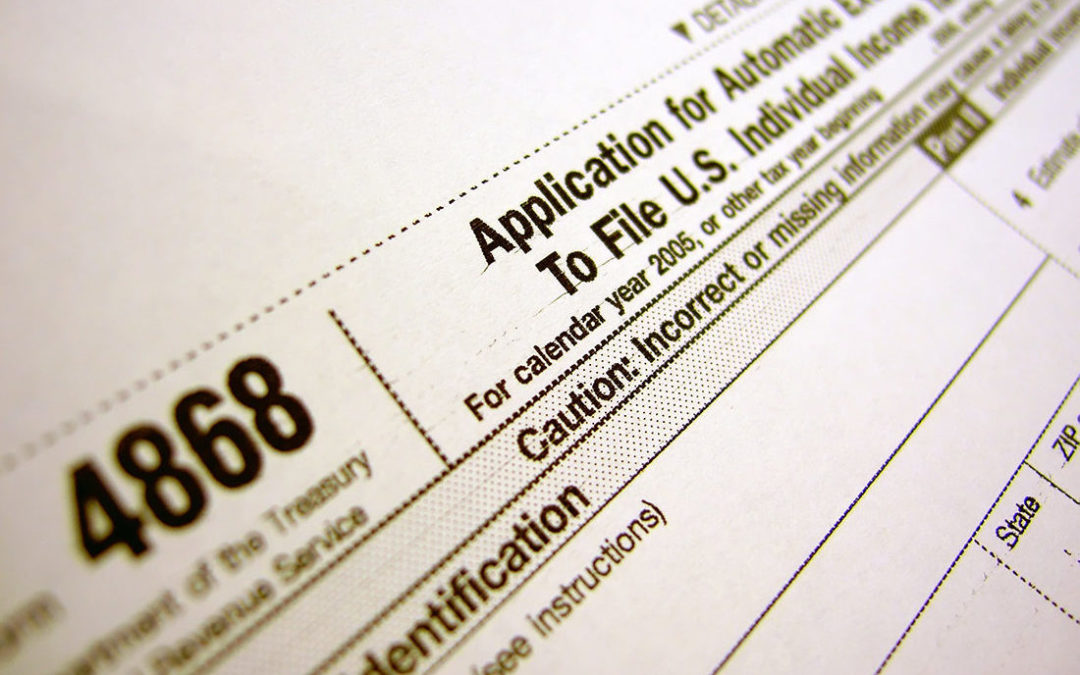Yes, the federal income tax filing deadline is slightly later than usual this year — April 18 — but it’s now nearly upon us. So, if you haven’t filed your return yet, you may be thinking about an extension.
Extension deadlines
Filing for an extension allows you to delay filing your return until the applicable extension deadline:
- Individuals — October 17, 2016
- Trusts and estates — September 15, 2016
The perils
While filing for an extension can provide relief from April 18 deadline stress, it’s important to consider the perils:
- If you expect to owe tax, keep in mind that, to avoid potential interest and penalties, you still must pay any tax due by April 18.
- If you expect a refund, remember that you’re simply extending the amount of time your money is in the government’s pockets rather than your own.
A tax-smart move?
Filing for an extension can still be tax-smart if you’re missing critical documents or you face unexpected life events that prevent you from devoting sufficient time to your return right now. Please contact us if you need help or have questions about avoiding interest and penalties.
